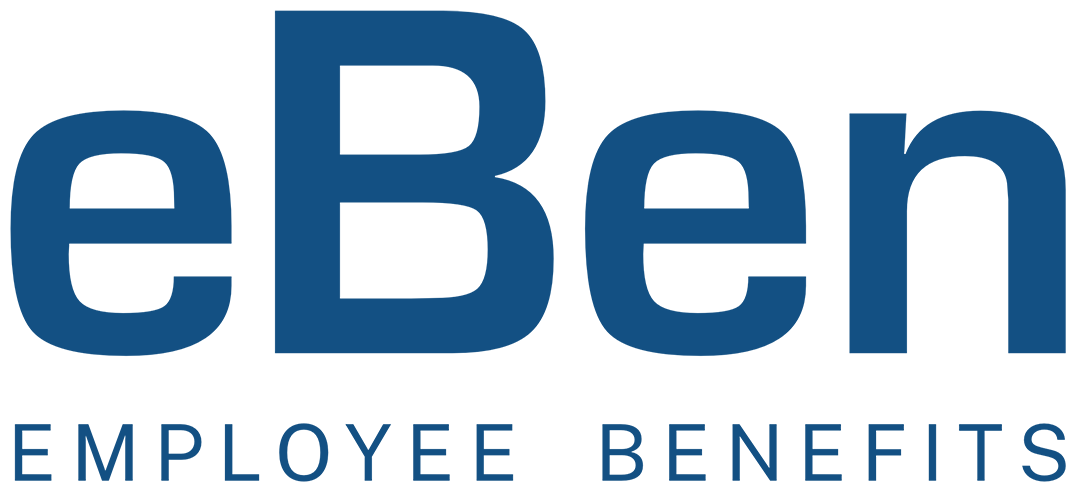On June 29th, the U.S. Supreme Court handed down a unanimous decision in Groff v. DeJoy, a case which could potentially redefine employment practices nationwide. Its verdict significantly impacts religious accommodations in the workplace and the process that employers must undertake to provide such protections. Every employer should be aware that this case may create considerable concerns for employers in terms of what may be expected by their employees.
Breaking Down Groff v. DeJoy
Let’s delve into the specifics of the case. Gerald Groff, an evangelical Christian who observes a strict Sunday Sabbath, brought this lawsuit against his employer, the U.S. Postal Service (USPS). Once the USPS entered into a contract to deliver Amazon packages which required Sunday deliveries, Groff’s absences on Sundays led to disciplinary actions and, ultimately his resignation.
In its written opinion, the Supreme Court decided that an employer can deny religious accommodation only if it leads to significantly increased business costs. This judgment implies that a hardship must be substantial, not just minimal, for an employer to refuse an accommodation request. This ruling underscores that it’s insufficient for an employer to merely argue that making other employees work overtime constitutes an undue hardship. They must explore and consider other options like shift swapping or paying additional incentives for Sunday shifts.
The Implications of the Ruling
This verdict changes how employers must provide religious discrimination accommodations to their employees under Title VII of the Civil Rights Act of 1964. The act requires employers to reasonably accommodate an employee’s religious observance or practice unless it creates an undue hardship for the business. What qualifies as an “undue hardship” has always been a topic of intense debate. The recent ruling adds another layer of complexity to the interpretation.
Tracey Diamond, an attorney with Troutman Pepper, says, “This sets a higher bar for employers when considering religious accommodation requests.” If an employer’s denial of a religious accommodation is challenged, they now face more rigorous scrutiny. The court will consider factors like the nature of the organization, its size, and operating cost to determine if the accommodation causes substantially increased costs.
Robin Shea, an attorney with Constangy, Brooks, Smith & Prophete, further explains, “A court will find undue hardship only if the accommodation would result in substantially increased costs in relation to the conduct of the business.” This suggests that larger employers may find it difficult to deny accommodations based on undue hardship as they’re typically capable of absorbing more costs.
Another key point from the ruling is that hardship should not result from religious intolerance. Any hardship arising from employee animosity towards a particular religion or to the concept of accommodating religious practice is not considered undue.
Accommodation Examples and Employer Obligations
Religious accommodations can take many forms, such as:
- Scheduling changes
- Job reassignments
- Modifying the dress code
- Designating a space for religious practice at work
The Groff v. DeJoy ruling reminds employers to elevate their game when it comes to religious accommodations. It’s crucial for businesses to train employees who review religious accommodations, like HR personnel and in-house counsel, on applying this new standard.
In conclusion, Groff v. DeJoy decision sets a new precedent for religious accommodations in the workplace. Employers need to understand and adapt to this reshaped legal landscape since some employees will undoubtedly use this ruling to push further than they might otherwise have even considered doing in the past. With a firm understanding of the ruling, organizations can move forward confidently, ensuring fair and respectful workplaces for all employees.


